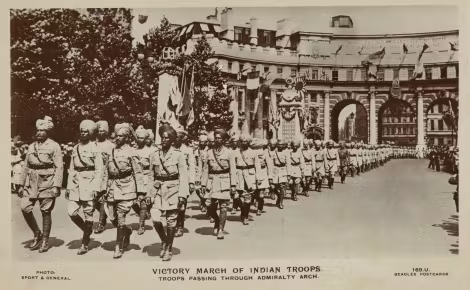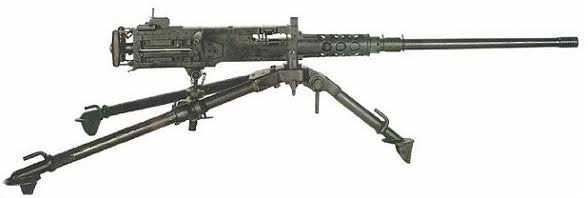Why were black British troops not allowed to attend victory parades in 1919 after WW1?
Colonial troops? On 26th of 1919 a contingent of 1,800 men from the Indian Army marched through their palace gates at Hampton Court and out onto the links grass on home park camped there for the following two months.
They had come back to Europe from Bombay by ship several months after the armistice which had ended the First World War, coming to join in the national Peace Celebrations with other soldiers from the British Empire who had fought together.
It was intended for the contingent to join the Victory Parade on the 19th July, however, once the Peace Treaty of Versailles had been finally inked while they made their way home it was clear they would not arrive in time. When men died en masse of influenza aboard ship, therefore, their disappearance from the course of history seemed pointless. But King George V championed for the troops to have their own parade on 2nd August.
They paraded through London by the Cenotaph memorial in London in the then brand new grey Cenotaph memorial in whitehall, carrying banners of the names of the battlefields they had been fighting on.
I professions my warmest gratitude to all my Indian Soldiers for their faithful service to me, and to my Empire, and their cheerfully endured sufferings in the several campaigns in which they have acted on the lands and in the climates so unlike their own.
From the speech made to King George V on 2nd August 1919.
Indian troops saluting the cenotaph during their victory parade in whitehall, London, 1919.



